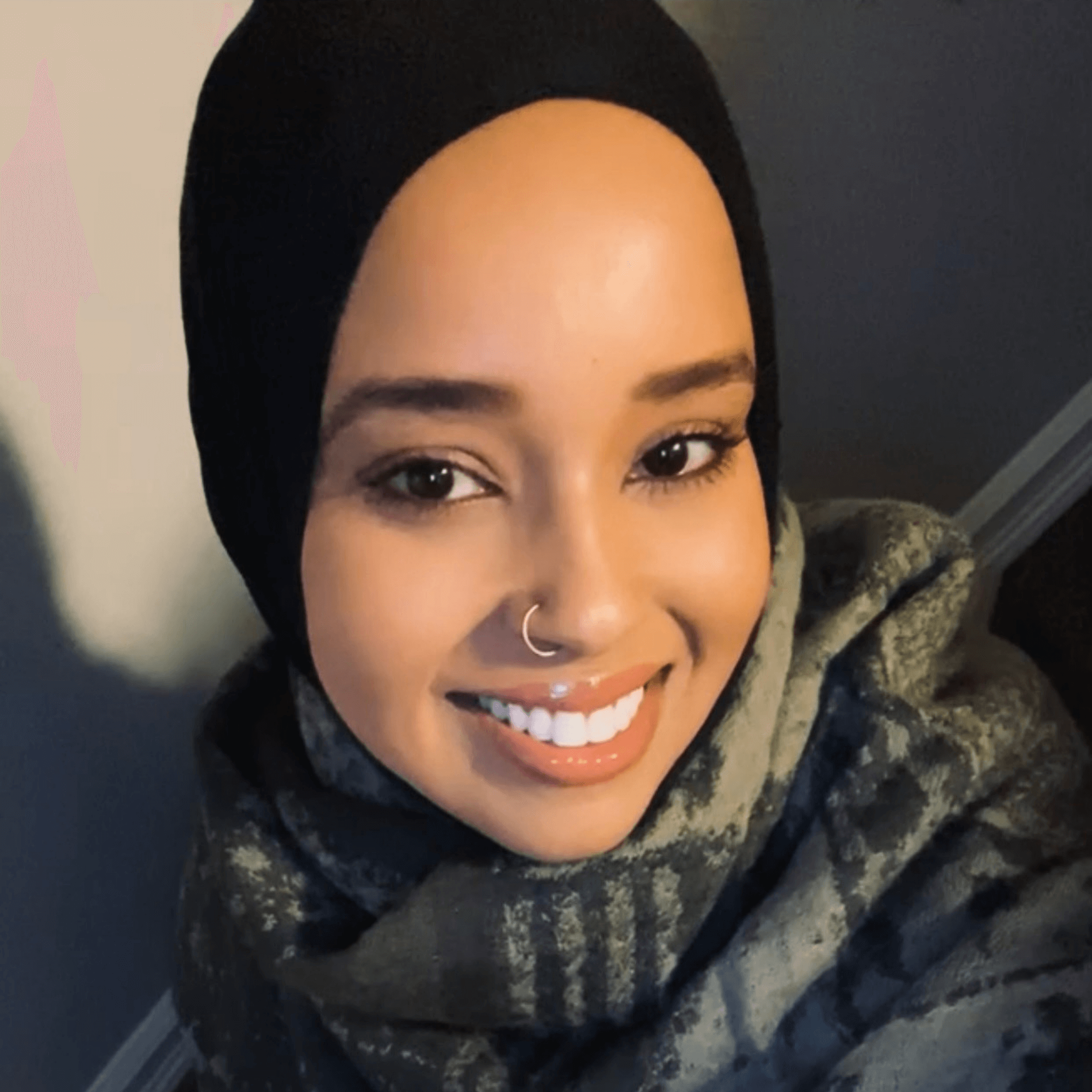Mutual Aid to Support Black Youth Mental Health & Wellbeing
Navigating systems to support mental health and wellbeing can often feel like trying to find the way through a dense forest with no clear path – each step forward seems fraught with obstacles. For Black youth, these systems can feel especially daunting due to institutionalized racism, cultural stigma, and socioeconomic disparities.
Mutual aid has emerged as a powerful tool to address the urgent need for holistic health care and to offer an alternative to negotiating the systemic barriers that restrict access to mental health funding and supports.
What is ‘Mutual Aid’?
Mutual aid is a process of creating care networks within community to meet immediate needs, acknowledge systemic barriers, and advocate for meaningful change. Mutual aid isn’t new, nor is it completely radical – in many Black cultures and communities, this has always been a way of life.
During the pandemic, we witnessed the power of community in action. Mutual aid manifested in diverse ways – people stepping up to deliver groceries to vulnerable neighbours, conducting mental health check-ins, and establishing networks for sharing resources.
One of the key drivers behind the surge in mutual aid during this time was the inadequacy of existing social safety nets to meet the scale and scope of the crisis. Black Canadians found themselves falling through the cracks of provincial assistance programs or facing lengthy delays in accessing income supports and healthcare. In this vacuum, mutual aid was able to fill the gap, providing immediate and often more personalized support.
Mutual Aid to Support Mental Health
Exploring ways to support the mental health of Black youth through mutual aid involves creating tangible networks of culturally responsive supports that uplift Black families and communities. In practice, this is not simply about crowdfunding to provide financial assistance to community members who are facing economic hardship, but about actively sharing resources or offering skills and expertise to those who might benefit.
For example, some of the most powerful exchanges take place in intentionally-designed and curated intergenerational healing spaces, where Black elders, adults, and youth come together to share stories, wisdom, and understanding of mental health and resilience – emphasizing the shared power that can arise from our shared experiences.
Black youth can also form or join grassroots mutual aid networks that focus on outreach, providing real-time support where and how it is needed and establishing trust and solidarity. United African Diaspora in Calgary serves Black and African communities by helping newcomers access essential support upon arrival. In the Greater Toronto Area, Toronto/Tkaronto Mutual Aid is fiercely committed to meeting urgent needs, spreading political knowledge, and forging strong connections to local organizing movements. These initiatives help meet the immediate needs of the community and can be critical in providing targeted, culturally responsive resources and supports.
Modelling Transformative Change
While mutual aid efforts can play a vital role in addressing immediate needs and fostering community, these networks should serve as a model for alternative approaches to mental health and wellbeing that must be sustained by government investment and ongoing support – especially for those made most vulnerable by inequities.
We must continue to advocate for accessible, comprehensive, and responsive mental health services for diverse communities – including Black youth – and to eradicate the stigma that so many experience in naming their mental health challenges and seeking appropriate supports.
Visit The Kit for Centering Black Youth Wellbeing by YouthREX, an online hub for anti-Black racism learning + action + community engagement in Ontario’s youth sector.


